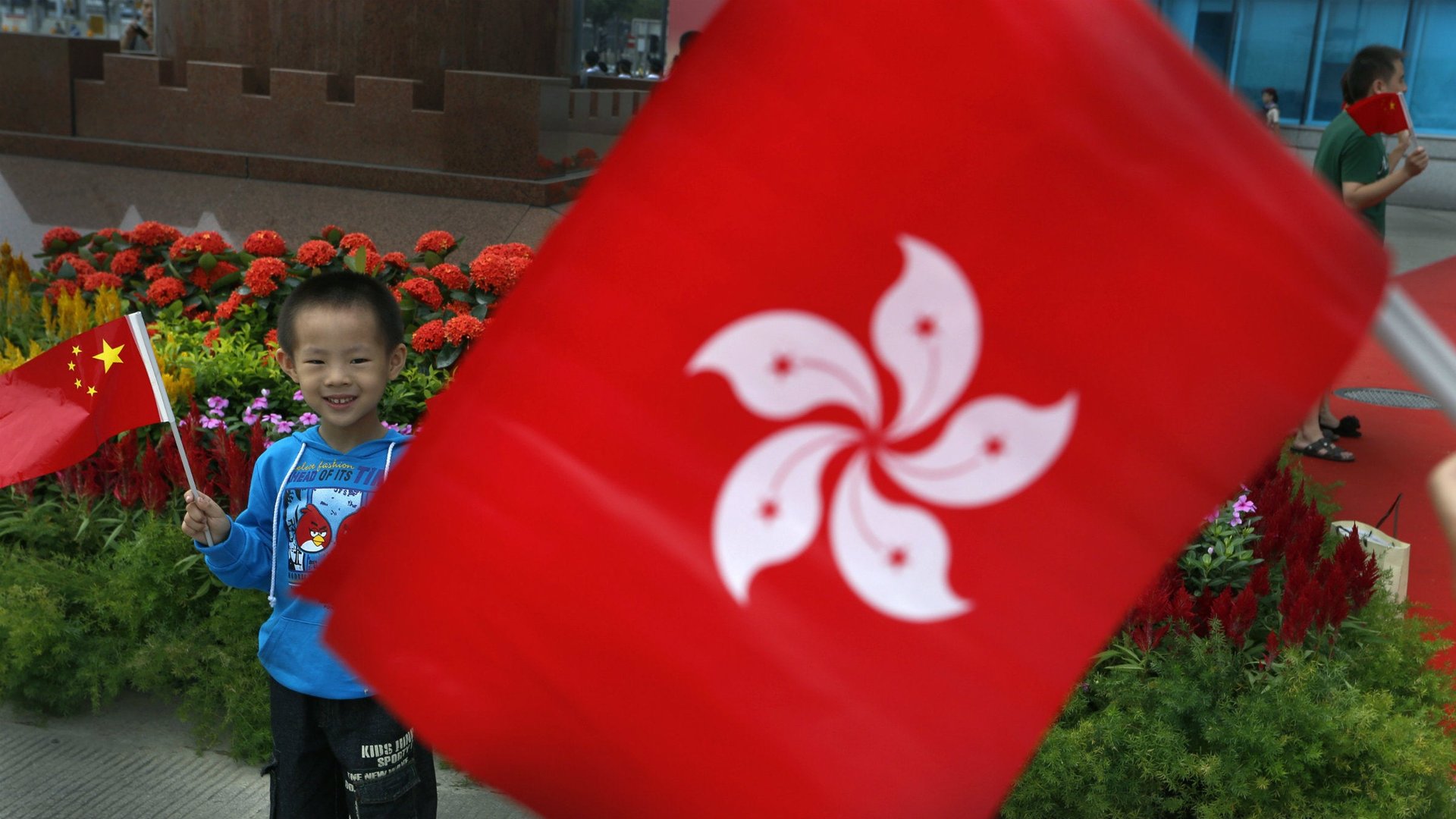US lawmakers say China’s “corrupt, gangster” regime is bad for Hong Kong
The US Congress is so bitterly divided that funding for the country’s homeland security agency could be suspended this week, but a handful of lawmakers from both parties agree on one thing: China is undermining democracy in Hong Kong.


The US Congress is so bitterly divided that funding for the country’s homeland security agency could be suspended this week, but a handful of lawmakers from both parties agree on one thing: China is undermining democracy in Hong Kong.
A bill (pdf) introduced Feb. 27 would require the US Secretary of State to testify to Congress that Hong Kong is “sufficiently autonomous to justify separate treatment different from that accorded the People’s Republic of China in any new laws, agreements, treaties, or arrangements.”
Currently, Hong Kong and the US have have agreements on issues like taxation and investment that differ from the US’s agreements with China, based on Hong Kong’s autonomy and support for the rule of law. The US is the fifth-largest source of foreign direct investment in Hong Kong (pdf, pg. 16), totalling HK$348 billion ($44.9 billion) at the end of 2013. If passed, the bill could put billions of dollars of US-Hong Kong trade and investment in jeopardy.
The bill is a slightly altered version of an earlier bill proposed last year, but the language US lawmakers are using now is even more critical of Beijing’s influence. Legislators from both parties let loose a barrage of rhetoric supporting pro-democracy measures in Hong Kong, and blasting Beijing when they introduced the bill:
- “U.S. policy toward mainland China has for too long strived to engage the corrupt and gangster regime which rules that country.”—Dana Rohrabacher, a Republican representative from California.
- “A status quo U.S. policy is unsustainable if Beijing continues to insist that Hong Kong become like mainland China…The special privileges the U.S. grants to Hong Kong can only endure if Beijing fulfills its longstanding obligation under international law to maintain Hong Kong’s autonomy, guarantee human rights and allow free and fair elections in 2017 and beyond.”—Chris Smith, a Republican representative from New Jersey
- “My concern is not just about election mechanics but about Hong Kong’s future as an open society under Beijing’s ‘one country, two systems’ regime.”—Eliot Engel, a Democrat from New York.
- “Efforts to silence the people of Hong Kong’s independent voice will undoubtedly have a serious impact on China’s relationship with the many nations of this world that stand for democracy and freedom.”—Dan Lipinski, a Democrat from Illinois
The bill’s prospects in Congress, or once it potentially reaches US president Barack Obama’s desk, are not clear. Regardless, Hong Kong’s pro-Beijing administration has already signaled its unhappiness. “We don’t want foreign governments or foreigners to intervene in affairs that can be handled by ourselves,” justice secretary Rimsky Yuen Kwok-keung said in a statement.